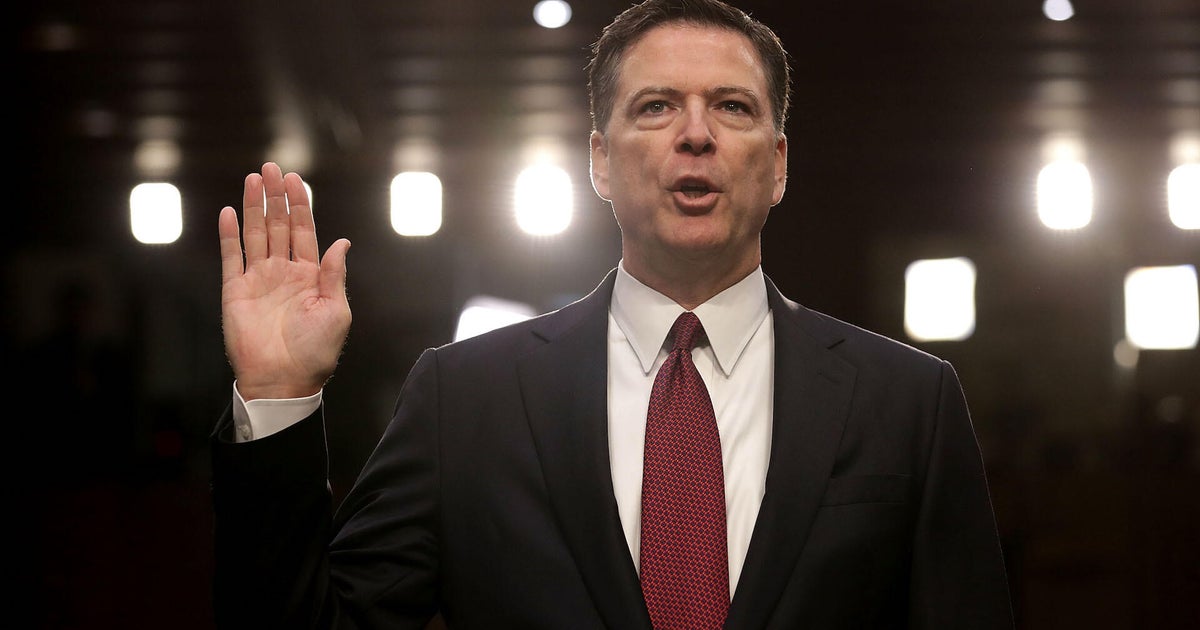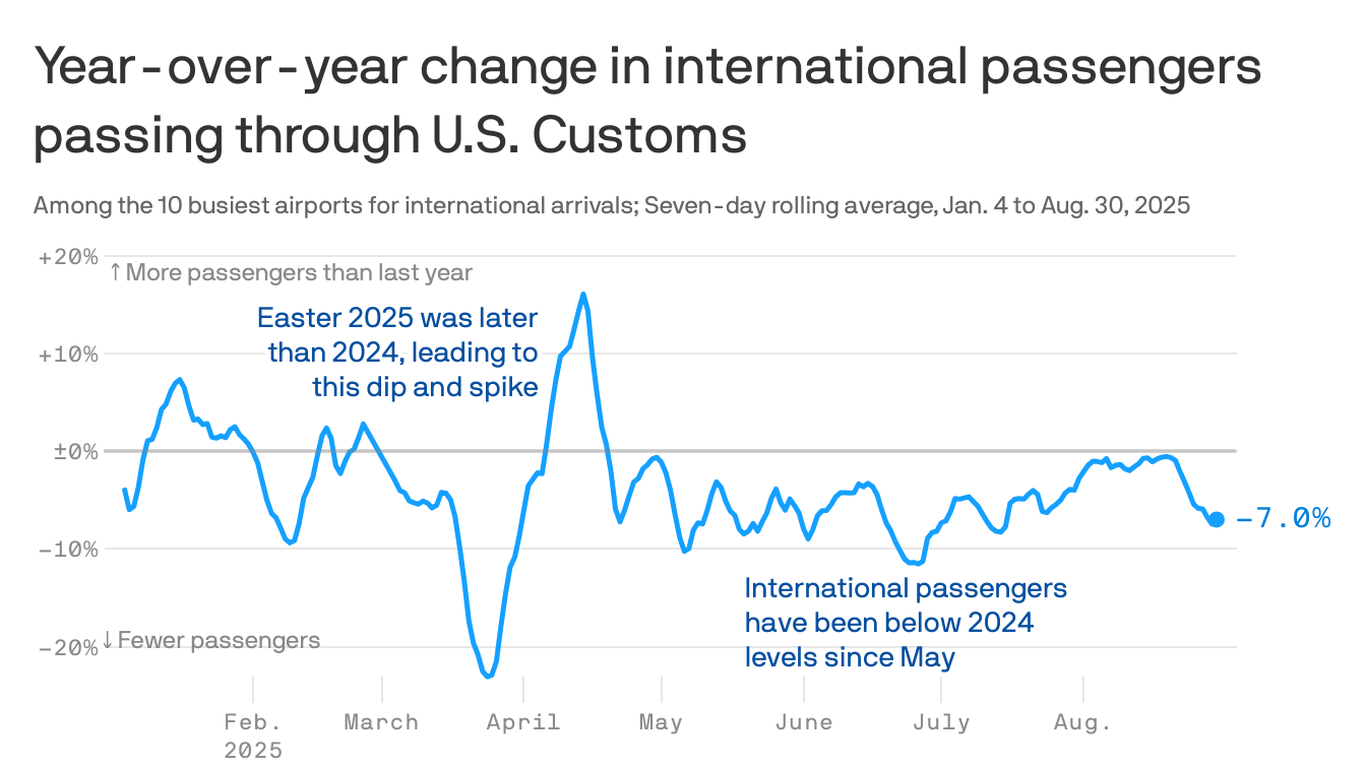Illinois and Chicago Challenge National Guard Deployment: Posse Comitatus and State Rights

Introduction
The state of Illinois, along with the city of Chicago, has taken legal action against the Trump administration's plans to deploy the National Guard. This move is aimed at challenging what they perceive as an unlawful deployment, arguing that it lacks a legitimate legal basis and infringes on state sovereignty.
Key Details
The lawsuit emphasizes that the deployment violates the Posse Comitatus Act, which prohibits military involvement in civilian law enforcement. Additionally, it asserts that the deployment infringes on the 10th Amendment, which preserves states' rights to enforce their own laws. The state and city contend that such a deployment would not only undermine trust in law enforcement but also negatively impact the local economy by discouraging business and tourism.
Impact
This legal challenge reflects broader concerns about the balance between federal authority and state rights. The case aligns with recent judicial decisions, such as an Oregon court ruling that blocked similar federalization attempts, highlighting the importance of constitutional law in such matters.
About the Organizations Mentioned
Trump Administration
The **Trump Administration** refers to the executive branch of the United States government under President Donald J. Trump, covering two non-consecutive periods: his first term from 2017 to 2021 and his second term beginning in 2025. As an organization, it is responsible for executing federal laws, shaping public policy, and managing national affairs during its tenure. During the **first Trump Administration (2017–2021)**, the administration pursued a wide-ranging agenda focused on immigration reform, economic nationalism, deregulation, judiciary appointments, and foreign policy shifts. Key actions included building and expanding the U.S.-Mexico border wall—completing 458 miles by January 2021—and implementing strict immigration policies such as travel bans from several predominantly Muslim countries and rescinding the DAPA amnesty program[2]. The administration withdrew the U.S. from the Trans-Pacific Partnership trade deal, renegotiated NAFTA into the USMCA, and signed the "Buy American and Hire American" executive order to prioritize American workers[1][3][5]. Judicially, Trump appointed three Supreme Court justices—Neil Gorsuch, Brett Kavanaugh, and Amy Coney Barrett—significantly influencing the federal judiciary with over 200 judicial appointments[5]. The administration also focused on military expansion, combating ISIS, addressing the opioid crisis, and responding to the COVID-19 pandemic with vaccine development support[5]. Foreign policy was marked by controversial decisions including troop withdrawals from northern Syria, reinforced support for Saudi Arabia, and tensions with Iran and North Korea[4]. The administration faced two impeachments: first in 2019 over Ukraine dealings and again in 2021 following the January Capitol riot; Trump was acquitted by the Senate both times[4][5]. After losing the 2020 election, Trump returned for a **second term starting in 2025**, continuing his policy priorities with new regulatory changes and political appointments[6][8]. The Trump Administration
Oregon Court
The **Oregon Court** refers broadly to the judicial system of the state of Oregon, officially organized under the **Oregon Judicial Department (OJD)**. This department is the judicial branch of Oregon’s government, tasked with administering justice through a unified court system composed of four main courts: the Oregon Supreme Court, the Oregon Court of Appeals, the Oregon Tax Court, and the Oregon Circuit Courts spread across 36 counties[1][2][4]. **What the Oregon Court Does:** The Oregon courts handle a wide range of legal matters, including criminal, civil, family, probate, tax, and juvenile cases. The circuit courts serve as trial courts of general jurisdiction, managing approximately 500,000 cases annually, while appellate courts review decisions from lower courts. The Tax Court specializes in tax-related disputes. The Oregon Supreme Court is the highest judicial authority in the state, responsible for final appeals and interpreting state laws and constitution[1][2][4][7]. **History and Structure:** The Oregon Judicial Department was formally unified by legislation in 1981 and consolidated various courts into a single administrative entity by 1983. This integration improved consistency and efficiency statewide, ensuring uniform standards and procedures across all courts. Judges and justices are elected in non-partisan elections to six-year terms, with vacancies filled by gubernatorial appointment[2][3]. **Key Achievements and Notable Aspects:** Oregon's court system is recognized for its unified administration, ensuring consistent delivery of justice across all counties, regardless of location. The Chief Justice of the Oregon Supreme Court serves as the administrative head, overseeing court operations and representing the judiciary at national forums[3][5]. The courts emphasize fairness, access, and respect, safeguarding democracy and individual rights in Oregon[4][7]. Additionally, Oregon's civil jury trials are notable for requiring agreement among nine jurors (out of 12), and the state uniquely restricts expert discovery in litigation, which impacts case strategy[6].
State of Illinois
The **State of Illinois** is a comprehensive government organization responsible for the administration, legislation, and implementation of public policies across Illinois, one of the largest and economically significant states in the U.S. It oversees a broad range of functions including healthcare, agriculture, natural resources, public safety, innovation, and technology, shaping the state's economic and social landscape. Illinois has a rich history of legislative and administrative evolution, reflected in its current governance structure. Key recent developments include the 2025 Fiscal Year budget, which allocated $1.05 billion to the Department of Innovation and Technology, emphasizing the state's commitment to advancing digital infrastructure and technological growth[1]. The state also supports agriculture with significant funding increases to aid urban and disadvantaged farmers, demonstrating its focus on inclusive economic development[1]. Illinois achieved a notable milestone by surpassing a $1 trillion GDP in 2022, positioning itself as a major economic player nationally[3]. Despite this, the state faces fiscal challenges due to federal policy changes and economic uncertainties, such as reductions in federal support programs and tariffs impacting local businesses and families. Governor JB Pritzker's administration has taken proactive steps, including executive orders to preserve fiscal stability by reserving funds and maintaining essential services amid these pressures[2][3]. The state actively enacts laws that reflect evolving societal needs, such as introducing digital driver’s licenses and enforcing salary transparency laws to close wage gaps[5]. Illinois's economic forecast indicates moderate growth with strengths in healthcare and government sectors, but challenges remain in finance, manufacturing, and population trends[6]. The state budget prioritizes healthcare expansions, public safety investments, and infrastructure upgrades, reflecting a balanced approach to economic and social welfare[4][7]. Notably, Illinois operates within a complex legislative environment, with nearly 300 new laws enacted in 2025 alone, highlighting its dynamic governance aimed at addressing contemporary issues and fostering innovation[5][9]. Its blend of historical significance, economic power, and forward-looking policies mak
City of Chicago
The City of Chicago is the municipal government responsible for administering the third-largest city in the United States, serving over 2.7 million residents. Governed by a mayor-council system, Chicago’s government is divided into executive and legislative branches. The mayor, currently Lori Lightfoot, leads the executive branch, overseeing city departments and agencies, while the 50-member City Council, composed of alderpersons elected from each ward, serves as the legislative body. The mayor also presides over council meetings and can break tie votes, giving them significant influence over city legislation. Chicago’s government manages a wide array of services, including public safety, infrastructure, health, housing, transportation, and economic development. Key departments include the Chicago Police and Fire Departments, the Department of Transportation, the Department of Innovation and Technology, and the Department of Planning and Development. The city is notable for its robust ward-based system, where alderpersons act as intermediaries between residents and city services, often maintaining ward offices to address local needs. Historically, Chicago’s government has evolved to meet the demands of a growing and diverse population, with reforms aimed at improving transparency and efficiency. The city has been a leader in adopting technology for urban management, including smart city initiatives, open data platforms, and digital service delivery. Chicago’s emphasis on innovation is evident in its Department of Innovation and Technology, which drives digital transformation across city operations. Currently, Chicago continues to focus on economic development, sustainability, and equity, with initiatives in affordable housing, green infrastructure, and workforce development. Notable achievements include major infrastructure projects, public-private partnerships, and advancements in civic technology. The city’s unique blend of ward-level engagement and centralized leadership makes it a dynamic environment for business and technology innovation, attracting investment and talent from around the world.


















